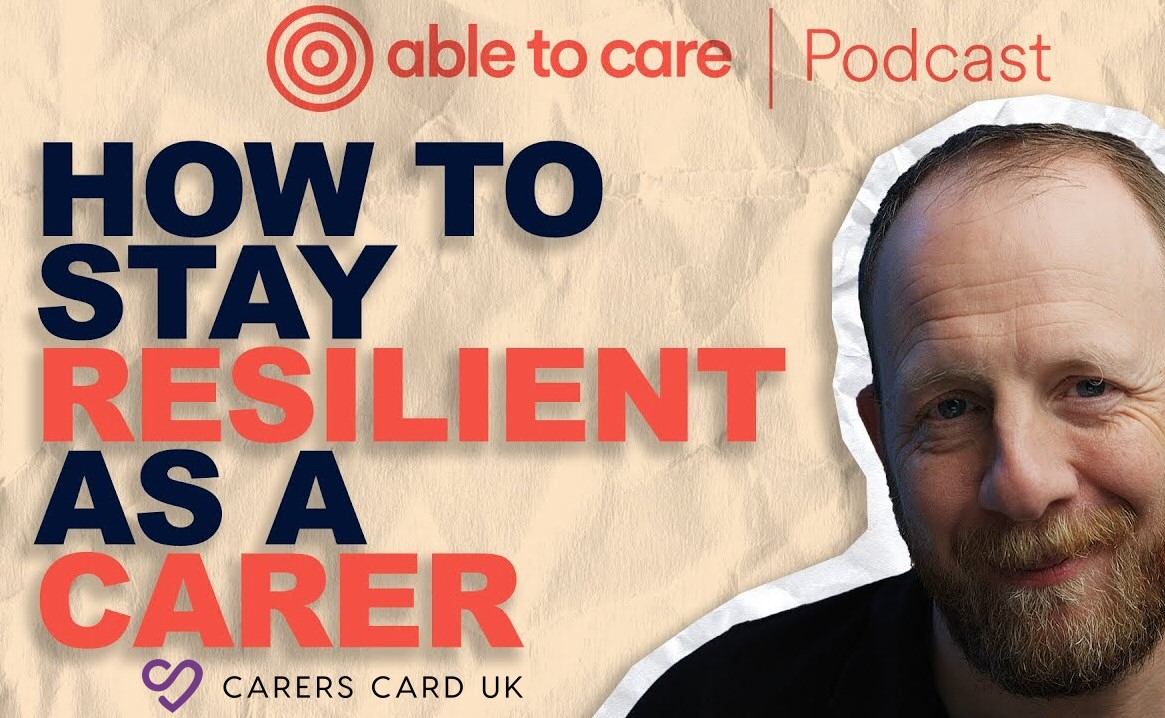- 1. Establish a consistent sleep schedule: Try to go to bed and wake up at the same time every day, even on weekends.
- 2. Create a bedtime routine: Develop a bedtime routine that helps you relax, such as reading, listening to music, or taking a warm bath.
- 3. Make your sleep environment comfortable: Keep your bedroom dark, quiet, and cool, and make sure your mattress and pillows are comfortable.
- 4. Limit exposure to screens: Avoid screens (TV, phone, tablet) for at least an hour before bed, as the blue light emitted by screens can suppress melatonin production and make it harder to fall asleep.
- 5. Exercise regularly: Regular physical activity during the day can help improve the quality of your sleep.
- 6. Avoid caffeine, nicotine, and alcohol: These substances can disrupt your sleep, so try to avoid them, especially in the evening.
- 7. Practice relaxation techniques: Try techniques such as deep breathing, meditation, or yoga to help you relax and fall asleep.
- 8. Get enough exposure to natural light during the day: natural light helps regulate the circadian rhythm and make it easier to fall asleep at night.
- 9. Use a white noise machine if you have trouble sleeping in silence or have trouble with noise pollution
- 10. Consult a medical professional: If you have been struggling with insomnia despite trying these strategies, you may want to consult a sleep specialist or medical professional to rule out any underlying medical conditions that could be causing your sleep problems.







